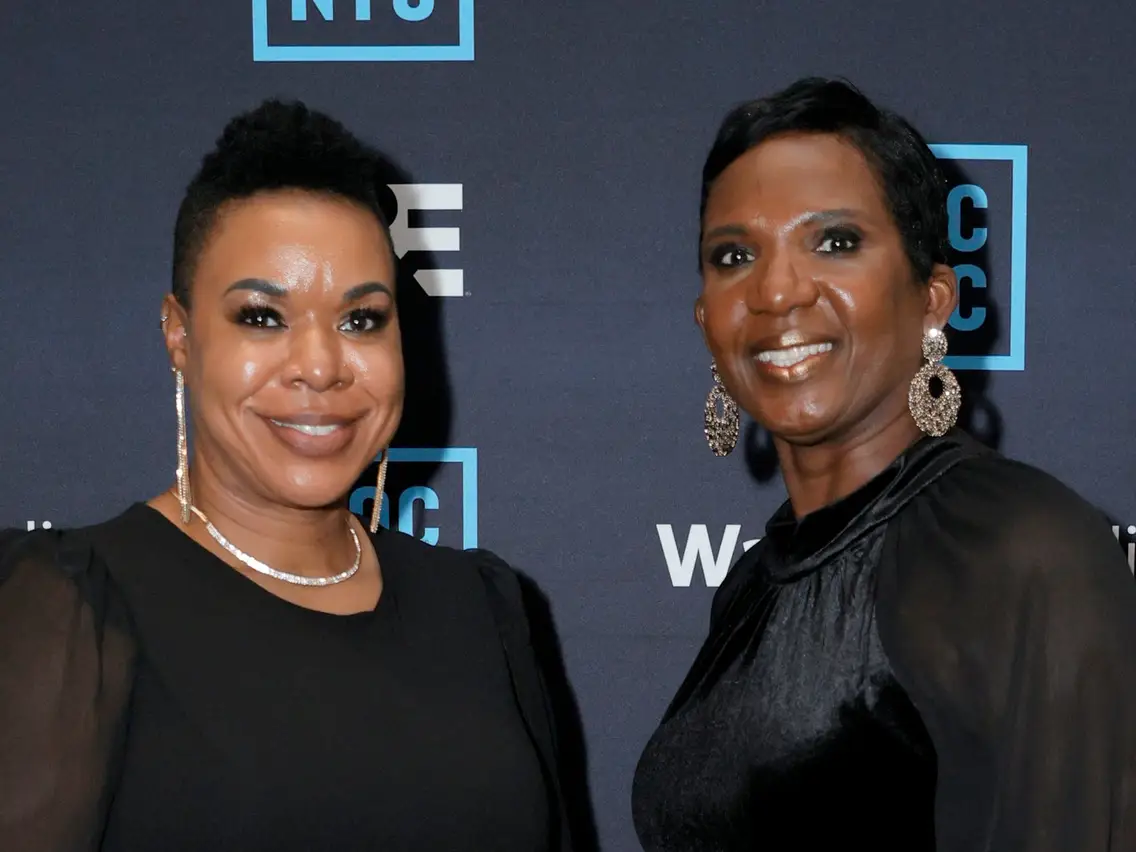When the disappearance and death of Gabby Petito blew up social media and flooded TV screens in August, the case put a renewed spotlight on the inequity in coverage of missing people of color.
For the last 13 years, sisters-in-law Natalie and Derrica Wilson have made it their mission to step in to help search for missing people of color when the media and law enforcement fall short.
‘Missing white woman syndrome’
When 24-year-old Tamika Huston went missing from Derrica Wilson’s hometown of Spartanburg, South Carolina, on May 27, 2004, she was shocked at the lack of media coverage.
“When she disappeared, her family struggled to garner local coverage, much less national coverage,” said Derrica, co-founder, and CEO of the Black and Missing Foundation.
“About six months later, Natalee Holloway disappeared, and (she) became a household name,” Derrica said.
Journalist Gwen Ifill is often credited with coining the phrase “missing white woman syndrome” to describe the unequal media coverage of missing young white women compared to news about missing persons of color.
“You rarely see our people on the news,” said Derrica. “There is no sense of urgency being pushed behind these missing persons.”
According to FBI data from 2019, 609,275 people were reported missing in the United States. Black, Asian and Indigenous people made up nearly 40% of all reported cases. Although Black people only make up 13% of the US population, they comprised 34% (205,802) of all reported missing person cases in 2019.
The pair believes the disparity in media coverage can be linked to mutiple factors, including the misclassification of minority children as runaways or criminals and a desensitization to crime victims who come from impoverished minority communities.
“Derrica and I decided to use our professions to help find our missing,” said Natalie.
Derrica previously worked for the Arlington County Sheriff’s Department and the City of Falls Church Police Department in Virginia. Natalie spent her career working in public relations.
“Those are the two critical professions needed to help us find us,” said Natalie. “So, we banded together, and we formed the organization.”
Help us find us
“The Black and Missing Foundation was started because of a necessity,” Natalie told CNN.
When the Wilsons officially established the Maryland-based nonprofit in 2008, they had a straightforward mission: help us find us.
The nonprofit brings awareness to missing persons of color using its online platform, public awareness campaigns, education, and an anonymous tip line.
“We help families from A through Z in raising awareness of their missing loved ones, and that includes creating flyers and social media posts as well as boots on the ground,” said Natalie.
“It’s important for everyone to recognize that this is someone’s brother, sister, mother, father, son, daughter, and their lives are valuable, and we need to do everything that we can to help find them and bring them home,” said Derrica. “We want them to know that they’re not in this by themselves.”
For BAMFI, that includes emotional support, and in the event a missing individual is found deceased, funds to assist with funeral arrangements.
A game changer
For mothers likes Brandi Stallings, The Wilsons’ support was game-changing.
In 2017, Stalling’s 16-year-old daughter, Kennedi High, went missing.
“I was all so frantic when Kennedi was missing because it was during a time where a lot of girls were missing in DC,” said Stalling, who was further alarmed that law enforcement seemed to discount Kennedi’s autism as a factor in her abduction.
She reached out to the Black and Missing Foundation. They appealed for tips. An Uber driver who picked up Kennedi recognized her and called their tip line, which ultimately led to her return home.
“To have an organization that hears your pain and can help and assist and not judge you … it’s something that I think all families need.”
To date, the Black and Missing Foundation has brought closure to over 300 families and counting. What’s more, they’ve added ways to help equip people with means to protect themselves, including self-defense workshops, fingerprinting, and social media safety courses for young people.
“We want to be that proactive organization to keep people from going missing,” said Derrica.
“We have to do our part because it could be any one of us,” Natalie said.

